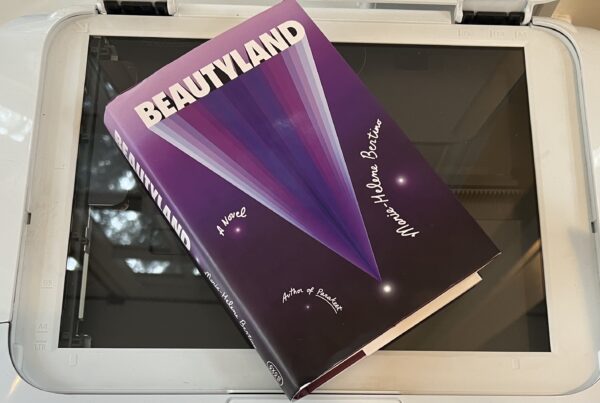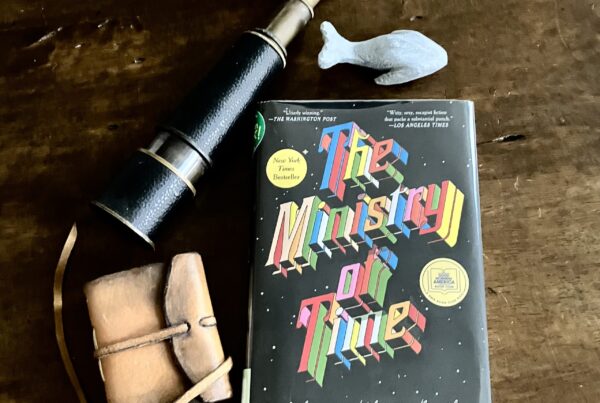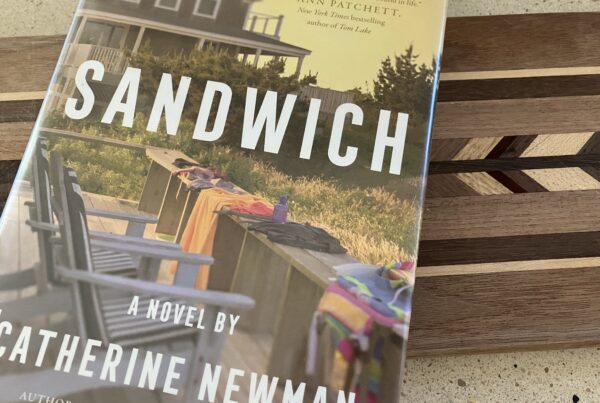Poetry often has a bad reputation. Ask high school students their thoughts on poetry, and you’ll probably be met with groans, eye-rolls, or outright hostility. As an AP Lit teacher, I ask students at the start of our poetry unit to offer up words that come to mind when I say the word “poetry.” Save for a few quiet poets (they exist in every class), the following words are shouted out: “hard,” “boring,” “confusing,” “slow.” Honestly, it’s kind of a depressing start.
Yet, every year I explain to students that their reaction is because they haven’t met the “right” poem. If we’re only teaching Lord Byron, William Blake, and Alfred Tennyson, of course they’re bored. To appreciate these poets, students need to be exposed to a wide variety of works, including more modern and diverse ones. Those are the poems that can enchant them and offer them a way in to the more established ones. Waiting for each of us is a “gateway poem,” a poem that speaks to us on a personal level. A poem we cannot help but read and re-read. A poem, once we “crack it,” that helps us see that digging deep into a work is a source of delight and can crack some light into older, less accessible poems. Perhaps exploring them won’t be so scary, after all.
This year, I was lucky enough to stumble across an entire poetry collection of such gateway poems: Poetry Unbound: 50 Poems To Open Your World by Pádraig Ó Tuama, who runs the Poetry Unbound podcast. This collection contains fifty poems– along with insightful analysis – and might be one of the greatest, most diverse collections I have had the pleasure of reading. How many times have you read a poem and not been sure you understood all the nuances? I know that’s often my experience and that of my students. With this collection, you can read a poem, take a moment to appreciate it, and then read Ó Tuama’s reflection to deepen your understanding.
Poetry Unbound helped my students– and me– see that poetry is not all about couplets or “thees” and “thous.” Poetry can be about a specific experience, one perhaps unrelatable made relatable, as exemplified by the poem “Miami Airport” by poet Raymond Antrobus, a poem that lists thirty questions, all asked of the poet by a guard. As our guide Pádraig Ó Tuama explains, “Apart from the title– ‘Miami Airport’ – there is no context given to the questions, so readers are left to fill in the blanks. In that way, the blank space of the poem offers space for the reader’s projections. I experience a sense of suffocation, panic and anger, when I read this poem, even though Raymond Antrobus doesn’t tell me to feel such things. In fact, at no point do we hear his own voice. Brilliantly, he’s written a poem that leaves no space for him, even though there’s space everywhere in this poem.”
Many of the poems within this collection first appear playful, such as Ocean Vuong’s poem “Seventh Circle of Earth,” which, with a quick glance at the page, is a poem made of a collection of footnotes. Only when you start reading do you realize this is about a hate-crime in Texas against two gay men, murdered by immolation in their home. The fact that the entire body of the poem is “pushed down to footnotes, written in small letters” embodies, Ó Tuama explains, the poem’s message: “There is a critical distance between what a society says safety looks like and what the actual experience of safety – or the lack of it – really is. And this poem, too, visualizes the distance between things as they’re said and things as they are: all that space on the page; all that pain and love forced underground.”
Despite many of the darker-toned poems, you finish this magnificent collection feeling both more educated and more hopeful for the future. So many of these poems suggest solutions to the poet’s experience or retell someone else’s experience. This is not a collection without hope. Whether you are looking to expand your knowledge of poetry analysis, or just to dip your toes into a more modern pool of poems, this book should be included on your and every bookshelf.




